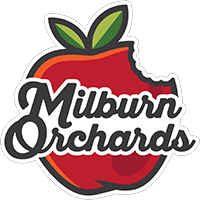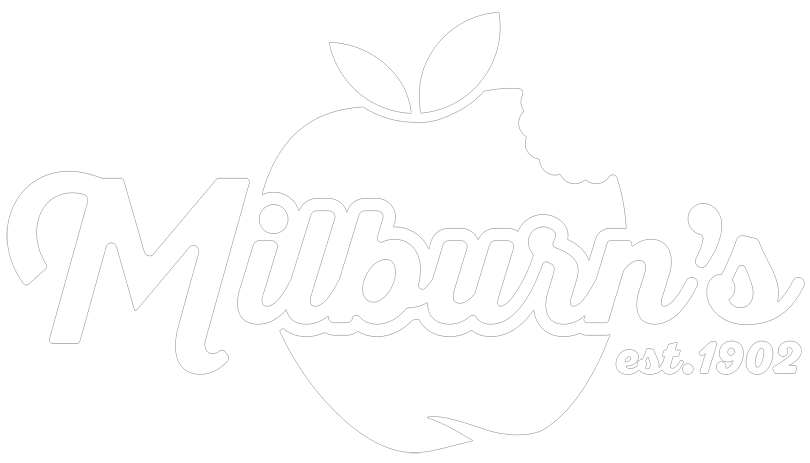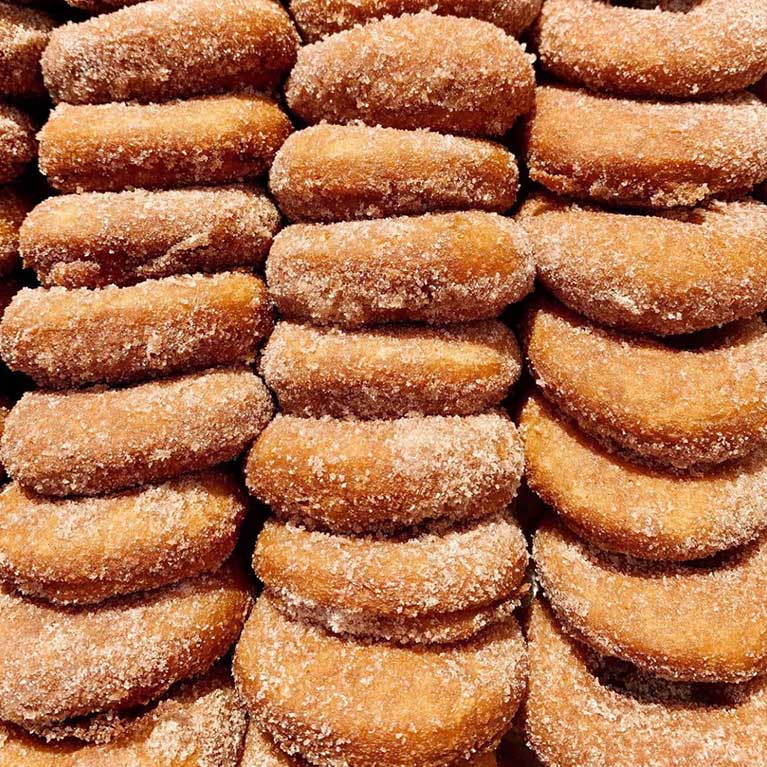⇁ Where Great Things Grow ⇁
Frequently Asked Questions
We do not allow comfort or emotional support pets or other non-service animal pets of any kind on our farm. We have many personal pets here, plus the BarnYard Buddies, and they may not get along with your pets.
We have shipping-ready boxes of apples during the apple season but you will need to do the shipping.
No, we have not found a way yet to get these goods safely to their destination.
No peanut products are used in the donuts, however, we do use peanuts and other various nuts in our bakery for other items such as some pies and breads. There are also milk and egg products in the donuts. A list of ingredients is available in the farm market for all of our baked goods.
There are lots of bees so be prepared, especially if you are allergic.
A simple way that works is to tie up Bounce dryer sheets where ever you want deer NOT to go! Change them after rains, etc.
Apples:
Any time of year
Peaches, Nectarines and Plums:
March 1st to bloom
Cherries:
Any time of year, best just after harvest
We grow and graft many in our tree nursery, however, many are one year old, bare root trees from nurseries in Pennsylvania, Washington and California because they hold patents on certain varieties of fruit.
We were one of the first orchards in the nation to completely convert to dwarf trees. The dwarf trees produce fruit of a much higher quality, both in looks and taste, because each piece of fruit on the tree gets more of nature’s full sunlight. Dwarf trees also require less man power to care for throughout the year and during harvest, while providing safer working environments since no ladders are required.
Most of this fruit is harvested several weeks pre-maturely so they can be shipped 3000 miles or more. Our fruit is harvested at the peak of ripeness, which means more nutrients and flavor!
We have a number of useful links available on our resources page.
We do not grow organic fruits, however, we use a modern system called “Integrated Pest Management” (IPM). Most organic fruits are grown in a western arid climate, where there is little rain or humidity to promote disease and insect development. But they too, have to control some of these problems. In our climate, there are some fruit growers trying to grow “organic”. However, some of the produce called “organic” are far from what you would think. Copper, oil, sulfer, dried clay, and dried fish products do not always create a tasty fruit. Our orchard was one of the first on the East coast to implement IPM on all our fruits and vegetables. Simply put, we monitor the amount of insects in our crops constantly, then our computer tells us if the “bad guy” insects are outnumbering the “good guy” insects that we want want in our fields (they eat the bad guys). We only use sprays when necessary to reduce the bad bugs with no harm to the good bugs. IPM has helped us reduce our chemical application by over 60%. Our computers also monitor temperature and humidity. If warranted, we will need to apply a fungicide (preventive medicine) to prevent disease and rot. We can prevent disease but not cure them.
Have a Different Question?
One of the Milburn family members is always available to answer any questions you may have. Simply ask an employee to direct you to a family member or you can email your questions at any time:
- For retail market questions or questions about our farm equipment and land usage: [email protected]
- For employment questions or resale vendor inquiries: [email protected]
- For Bake Shoppe, billing/accounting: [email protected]
- For our marketing efforts, advertising, publicity & our website: [email protected]
- For BarnYard Parties, School & Group Tours, Bonfire/Hayrides and other events: [email protected]
- For BIG BackYard inquiries, or Barnyard animal questions: [email protected]


